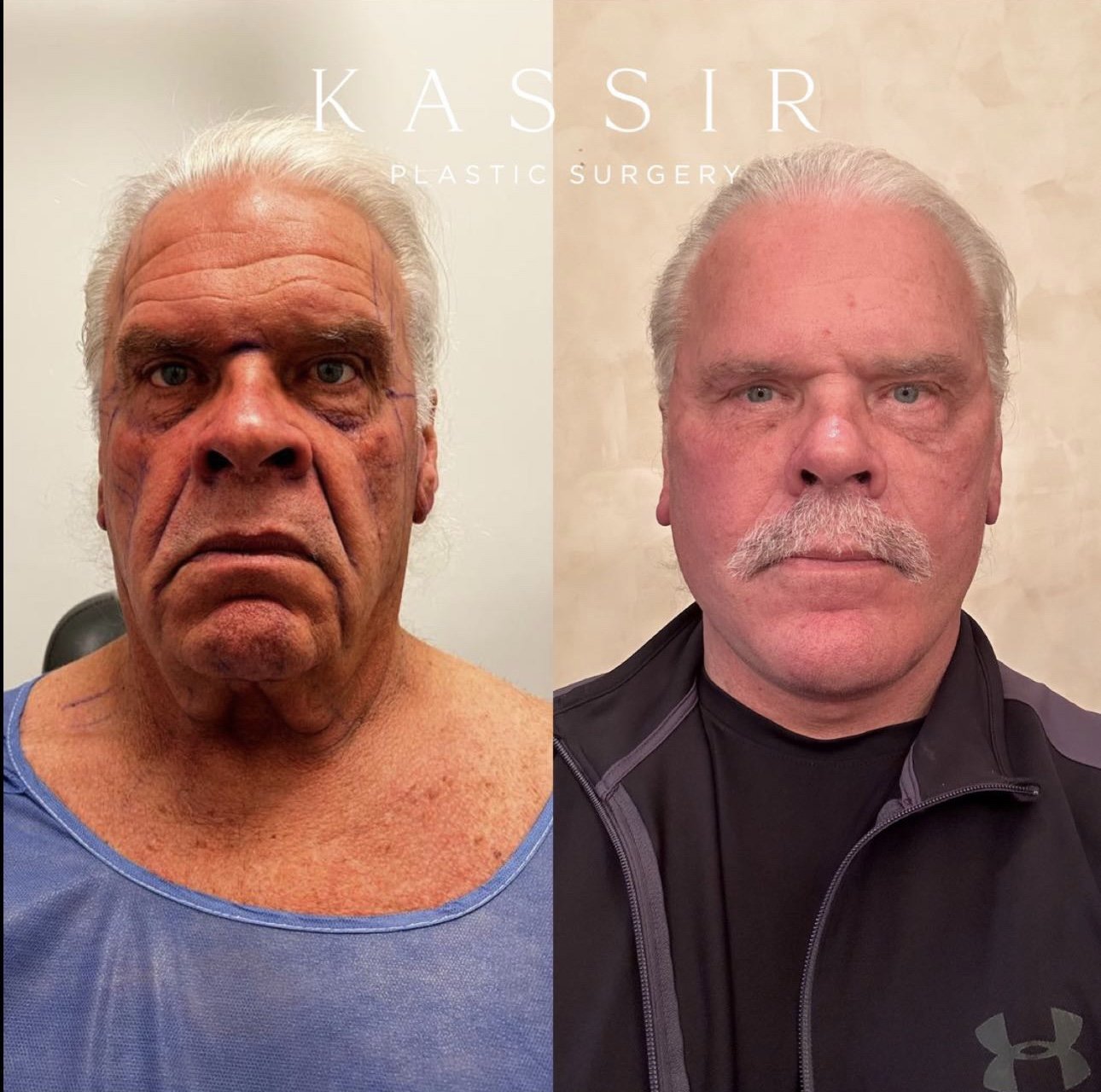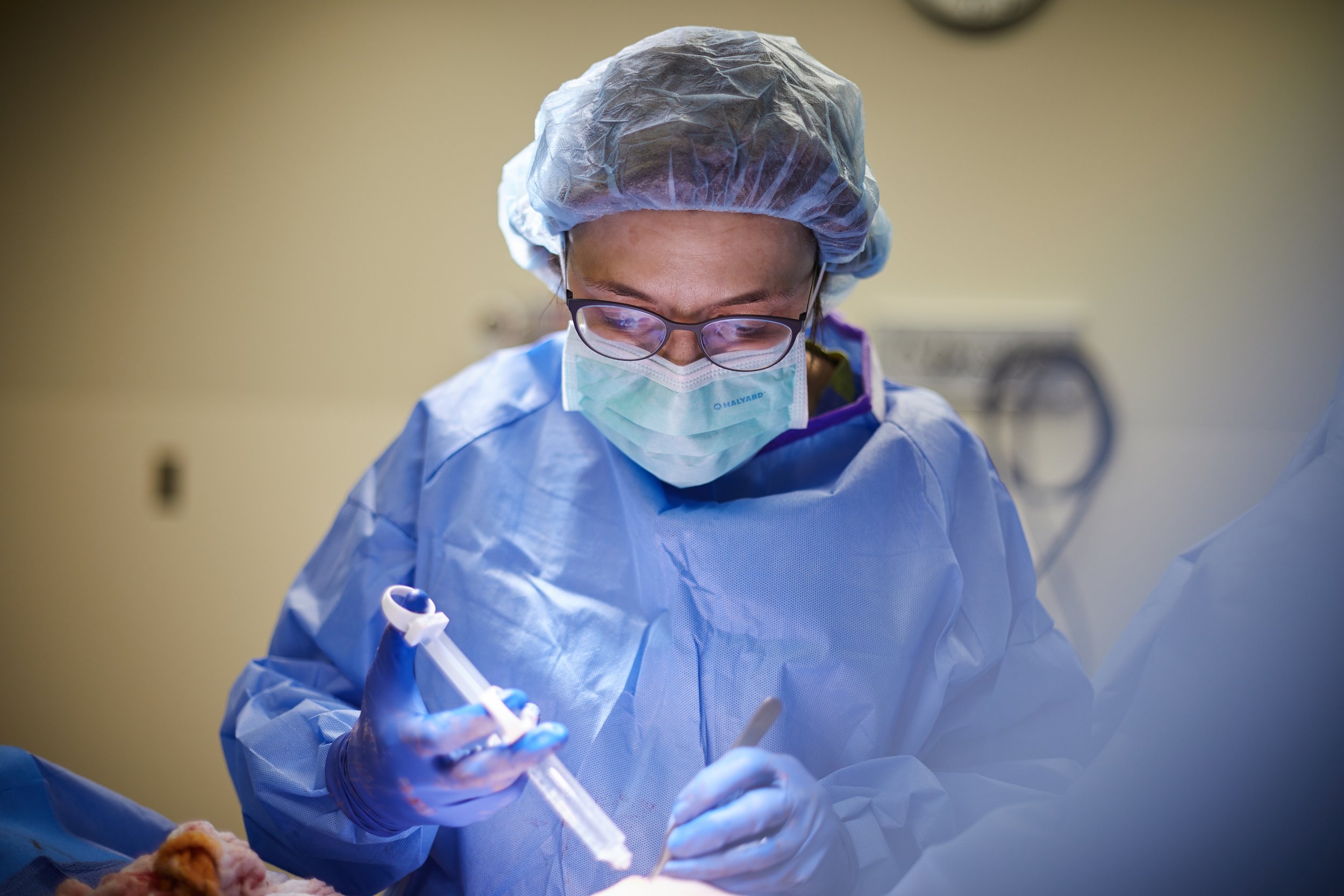Mommy Makeover Rancho Cucamonga: Reclaim Your Pre-Baby Body with Tailored Treatments
Checking Out the Mental and Social Factors That Drive People to Take Into Consideration Plastic Surgery as a Way of Improvement
The decision to seek cosmetic surgical treatment often extends past plain looks, intertwining with social and psychological dynamics that warrant extensive exam. Variables such as self-esteem, prevalent societal appeal standards, and the pervasive impact of social media merge to form private inspirations for surgical improvement.
The Function of Self-confidence
Self-esteem considerably influences a person's decision to go after plastic surgery. People with reduced self-confidence typically view themselves in an adverse light, bring about sensations of inadequacy regarding their physical look. This adverse self-perception can drive them to seek medical treatments as a method of enhancing their self-image. The wish for enhancement in one's look is frequently linked to an idea that such adjustments will certainly raise their overall self-respect and self-confidence.

Ultimately, the function of self-confidence in the decision-making process relating to plastic surgery highlights the complicated interplay in between body image, personal satisfaction, and psychological health. Recognizing this relationship is crucial for medical care experts to make certain that clients are making informed choices rooted in sensible expectations and emotional health.
Societal Elegance Criteria
Influenced by pervasive media representations and social narratives, social elegance requirements play an essential duty fit people' assumptions of their own bodies. These standards are usually defined by an idyllic form of elegance that stresses qualities such as balance, youthfulness, and slimness. As these perfects are bolstered via different networks, consisting of television, advertising, and film, people often internalize these messages, bring about frustration with their natural appearance.
The implications of these social standards expand past visual preferences; they can impact self-worth, psychological health, and interpersonal relationships. Individuals that view themselves as dropping brief of these criteria may experience feelings of insufficiency, prompting a need for plastic surgery as a way of achieving social approval. This pursuit is usually fueled by the belief that adhering to these perfects will boost not just physical look yet likewise social standing and personal fulfillment.

Impact of Social Media Site
The impact of social appeal requirements is additional amplified by the rise of social media platforms, where curated photos and idealized depictions of appeal are common. Customers are regularly revealed to filtered and modified photographs, which often illustrate unattainable physical qualities. This direct exposure cultivates a culture of comparison, leading people to assess their very own appearance against these commonly unrealistic benchmarks.
Social media influencers and stars regularly promote cosmetic treatments, normalizing the notion that surgical enhancements are a viable ways for achieving societal ideals (plastic surgery rancho cucamonga). The exposure of these improvements here are the findings can develop an understanding that undertaking plastic surgery is a typical method, therefore affecting individuals to think about comparable treatments as a pathway to boosted self-confidence and social approval
Additionally, the interactive nature of social networks permits for instant comments with sort and comments, further enhancing the need to conform to preferred elegance criteria. Such communications can exacerbate sensations of insufficiency and drive individuals toward cosmetic surgery as a way of acquiring validation. Ultimately, social media plays an essential function in forming understandings of appeal, which considerably affects the decision-making procedures bordering cosmetic surgical treatment.

Social Perspectives on Look
Throughout numerous cultures, perceptions of appearance are deeply rooted in historic, social, and financial contexts, forming individuals' sights on appeal and worth. In many cultures, appearance works as a significant pen of identity, affecting social condition, expert chances, and individual connections. For instance, in some cultures, light skin is typically connected with riches and benefit, while others may idealize darker skin tones as symbols of stamina and authenticity.
In addition, typical appeal standards are often bolstered with social narratives, media representations, and family members influences, resulting in varying ideals across various regions (plastic surgery rancho cucamonga). In Western cultures, the focus on young people and fitness often drives people toward cosmetic enhancement, while in particular Eastern societies, more refined modifications straightened with standard aesthetics might be preferred
Globalization and the expansion of digital media have actually even more made complex these characteristics, developing a hybridization of beauty suitables that transcends geographical borders. As people increasingly navigate these social narratives, the stress to adapt specific appearance standards can bring about the need for cosmetic surgery, mirroring an intricate interplay of cultural values and personal desires. Recognizing these cultural perspectives is crucial in dealing with the motivations behind plastic surgery factors to consider.
Mental Influences of Cosmetic Surgery
Many people seeking cosmetic surgical treatment report experiencing extensive emotional influences that can considerably alter their self-perception and psychological health - plastic surgery rancho cucamonga. The wish for physical enhancement often originates from underlying concerns such as reduced self-worth, body dysmorphic problem, or social stress concerning elegance requirements. For these details some, the instant post-operative stage can bring about a short-lived increase in confidence and fulfillment with their look, cultivating a sense of empowerment
However, these favorable feelings might not be enduring. Study indicates that while some people experience enhanced self-confidence, others might encounter intense anxiety or clinical depression if their assumptions are not met. This inconsistency can occur from unrealistic ideals continued by media depiction and social stories surrounding beauty.
Furthermore, the emotional ramifications of plastic surgery expand beyond the individual. Relationships with household and good friends might be strained as social characteristics shift, causing sensations of isolation or alienation. Eventually, the psychological effects of cosmetic surgery are complicated and multifaceted, calling for careful consideration by both possible clients and doctor to guarantee educated decision-making and sensible assumptions.
Conclusion
To conclude, the choice to go after cosmetic surgical treatment is considerably influenced by a mix of self-worth issues, societal charm criteria, and social viewpoints on appearance. The pervasive reach of social media further aggravates these stress, advertising unrealistic perfects that individuals frequently aim to achieve. Comprehending these emotional and social elements is important for addressing the motivations behind plastic surgery, highlighting the need for a much more nuanced discussion surrounding beauty and self-acceptance in contemporary society.
The choice to seek cosmetic surgical treatment frequently prolongs beyond mere visual appeals, intertwining with emotional and social characteristics see here that warrant thorough evaluation. Ultimately, social media plays a crucial duty in forming perceptions of beauty, which considerably affects the decision-making processes bordering cosmetic surgery.
As people progressively browse these cultural stories, the stress to adhere to specific appearance requirements can lead to the wish for cosmetic surgical procedure, reflecting a complicated interaction of social worths and individual aspirations.In conclusion, the decision to pursue cosmetic surgical procedure is dramatically influenced by a mix of self-confidence concerns, social charm standards, and social perspectives on look. Understanding these social and mental elements is vital for resolving the motivations behind cosmetic surgery, highlighting the demand for a more nuanced discussion surrounding elegance and self-acceptance in contemporary culture.